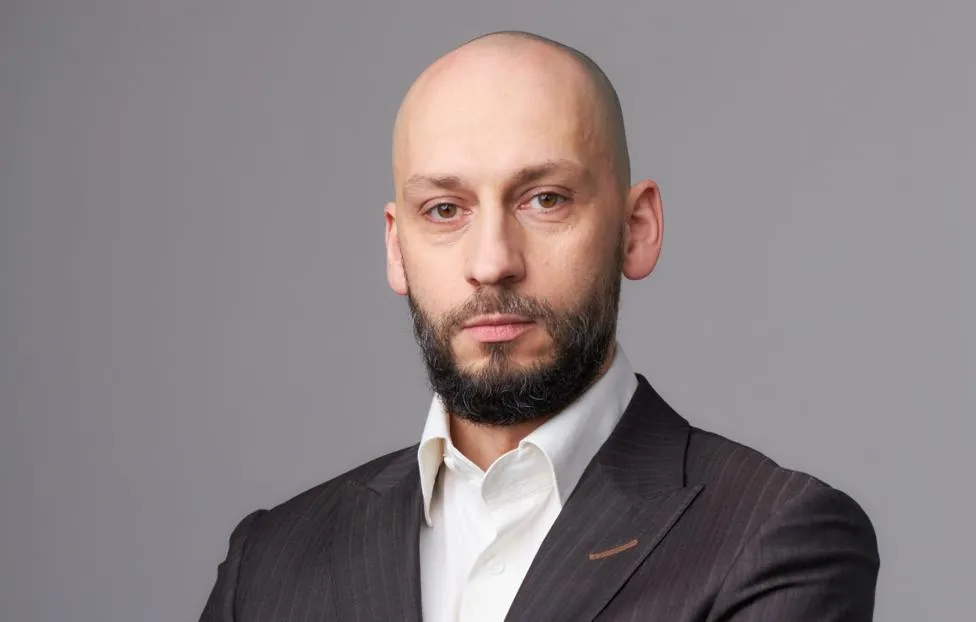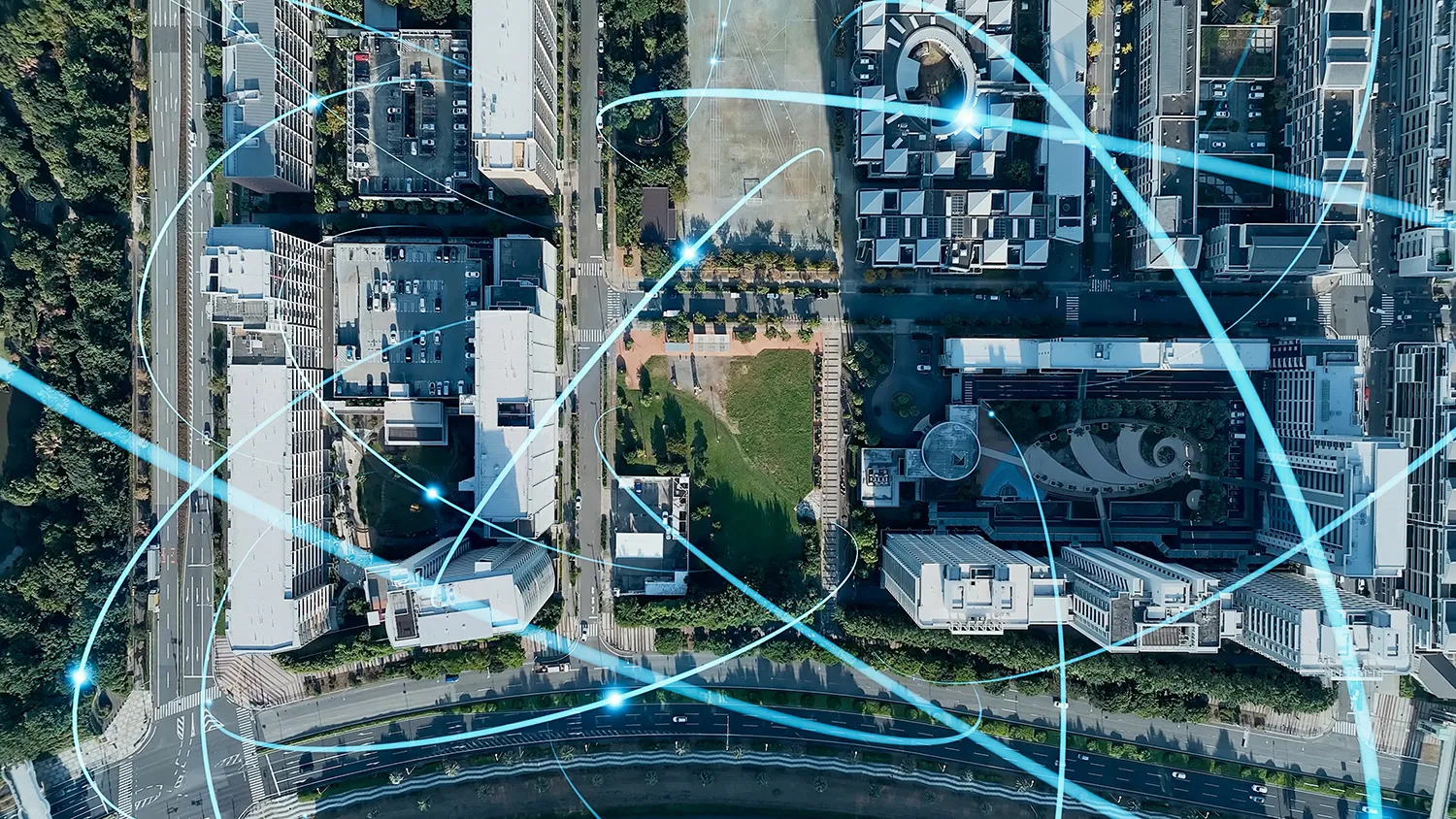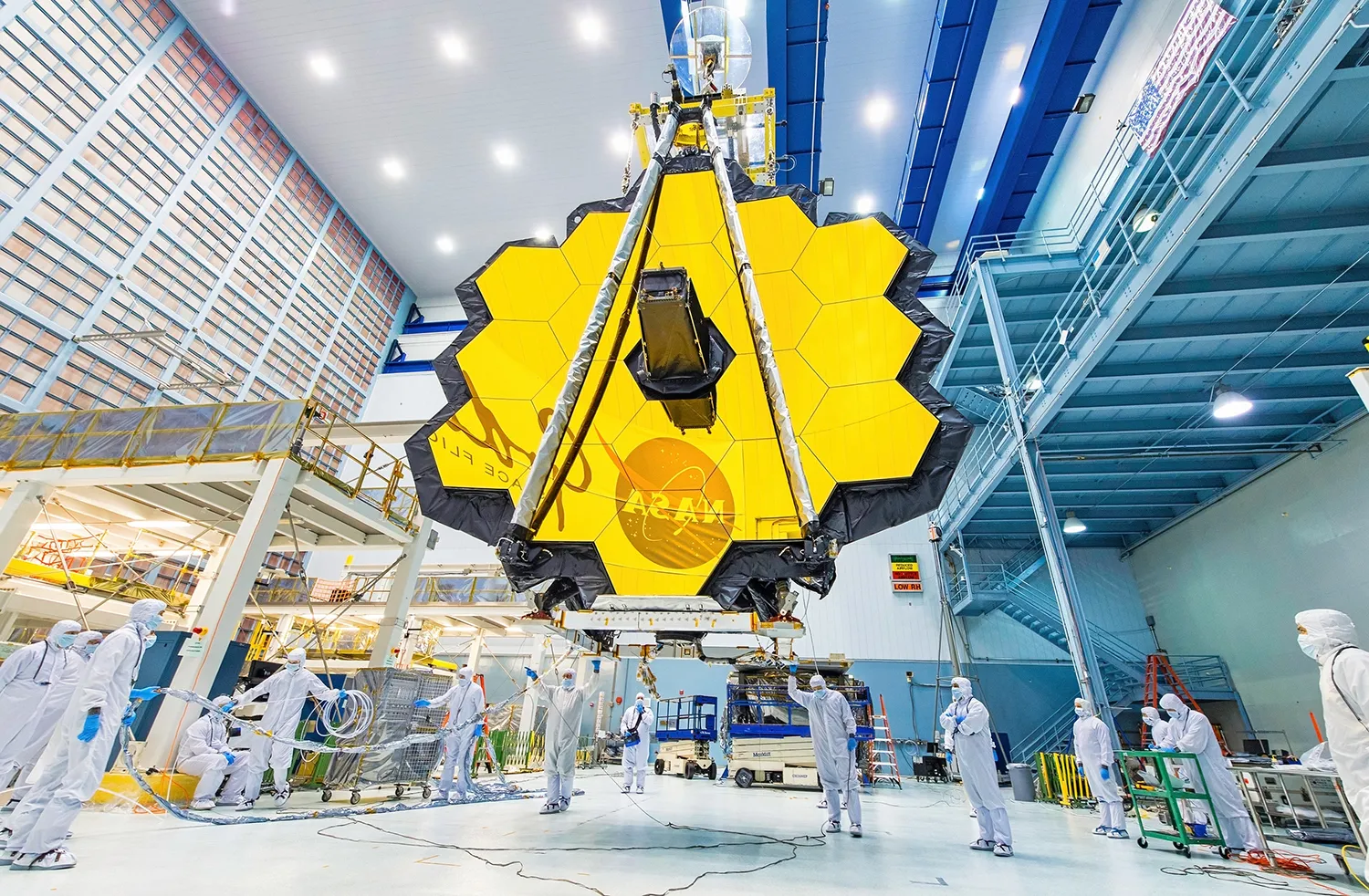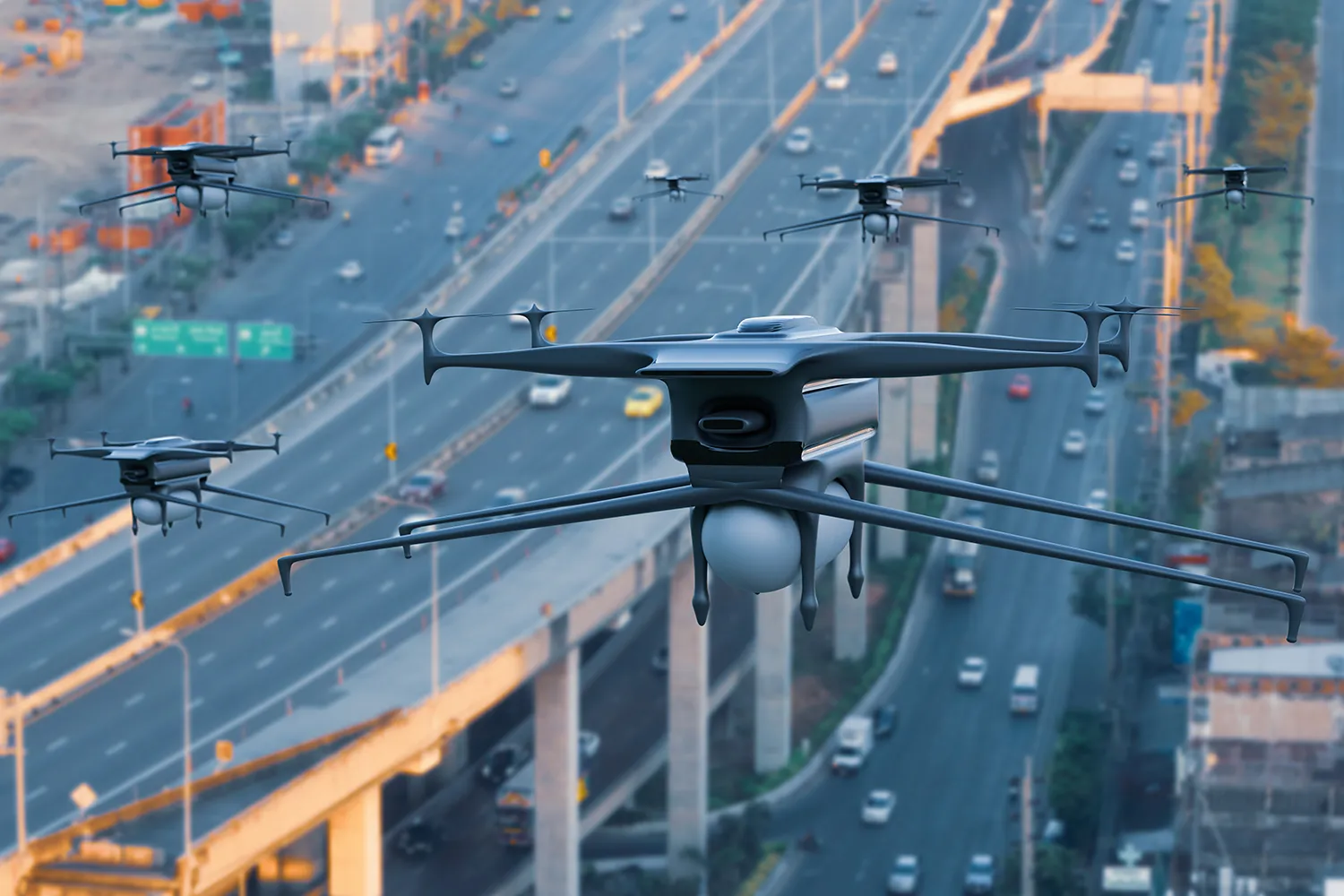Russian Telecom Embraces AI to Reshape the Industry

Artificial intelligence is rapidly becoming a core component of Russian telecom operations, with major operators integrating AI to combat fraud, personalize services, and scale infrastructure into remote environments.
AI Shields Users From Telecom Fraud
Beeline, a leading Russian telecom operator, is at the forefront of AI integration. The company uses artificial intelligence to automate network monitoring, adjust base station parameters, and deliver personalized customer support—significantly improving service quality for end users.
One of the key focus areas is fraud prevention. AI can detect that a customer is being targeted by a scam long before the individual realizes it. “We are developing a service that will analyze ongoing conversations and terminate them if a scam is detected,” said Sergey Anokhin, CEO of Beeline, at the 2025 St. Petersburg International Economic Forum.

Cloud-First Future
AI deployment is also driving a fundamental shift in telecom architecture. The days of monolithic IT systems are fading, as cloud-native, interoperable platforms gain ground. “The core layers of telecommunications have traditionally been monolithic systems—this no longer meets future requirements. For AI to be fully utilized, the system landscape must be machine-readable and self-configuring,” Anokhin explained.
AI also enables rapid adaptation of infrastructure in challenging environments, such as remote regions, industrial facilities, and transportation systems. For instance, the technology can optimize networks in mines or long-distance trains.
AI Applications Extend Beyond Telecom
Russian telecom innovations are increasingly being adopted beyond the communications sector. One standout example comes from healthcare. “Our technology allows a surgeon to view a 3D-enhanced image of the spinal cord through a VR headset. By combining neural networks, generative models, and real-time imaging, surgeries become faster and more precise,” Anokhin noted.
MTS is another major player advancing AI adoption. Since 2017, its MTS AI division has developed solutions in computer vision, natural language processing, and neural network development. In March 2022, MTS AI acquired facial recognition firm VisionLabs, enabling biometric-based customer service in retail stores. In July 2023, the company launched an AI video analytics service for retailers. And in February 2024, MTS AI introduced a large language model—MTS AI Chat—for enterprise use.

Empowering Virtual Network Operators
AI is also playing a critical role in the evolution of virtual mobile network operators (MVNOs). These companies offer branded services while operating on the infrastructure of larger providers. Russia’s MVNO market currently serves about 10 million users.
AI-based platforms offer personalized training programs for MVNO partners and deliver real-time performance recommendations. Algorithms analyze network load data and advise on when to allocate additional resources to maintain service quality.
Russian AI technologies also have strong export potential, particularly in regions where AI integration is still nascent—such as CIS countries and the Global South.
What’s clear is that the future of telecom in Russia is inextricably linked to artificial intelligence. It promises to accelerate digitalization, reduce human dependency, and unlock new levels of operational efficiency across industries.










































